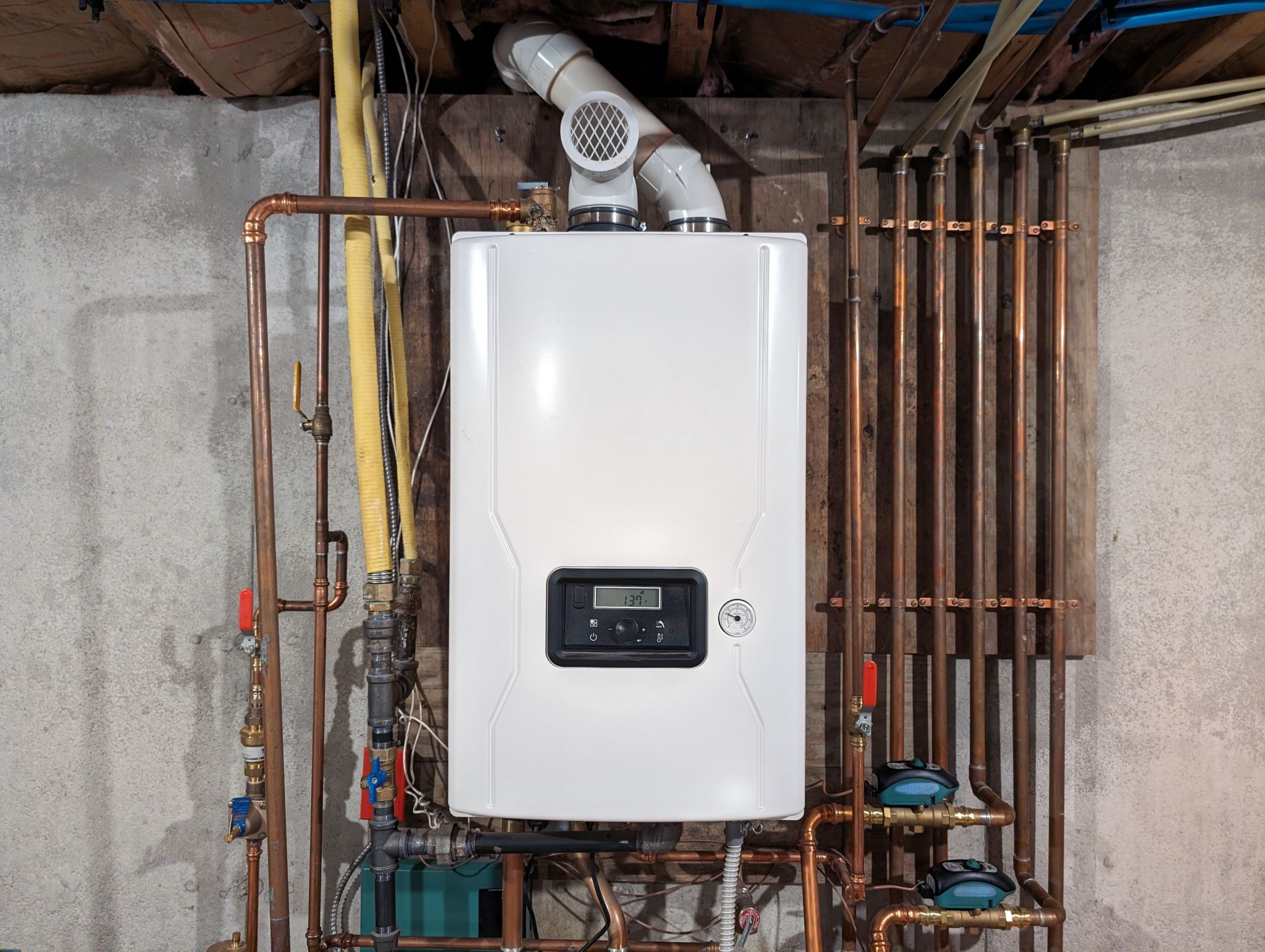Myths About Hot Water Systems: What You Really Need to Know
Introduction to Hot Water Systems
Hot water systems are an essential component of modern homes, providing the comfort and convenience of readily available hot water for various uses. However, several myths surround these systems that can lead to misconceptions and poor decision-making when it comes to installation, maintenance, and usage. Let's debunk these myths and provide you with the facts you need to know.

Myth: Bigger Tanks Mean Better Performance
One of the most common myths is that a larger hot water tank will automatically lead to better performance. While it may seem logical that more water equals more availability, this isn't always the case. The efficiency of a hot water system depends on factors such as insulation quality, the heating element, and the overall design of the system. A well-designed smaller tank can outperform a larger one that's poorly constructed.
Why Size Isn't Everything
The key is to match the tank size to your household's needs. Oversized tanks can lead to unnecessary energy consumption, while undersized tanks might not meet demand. It's crucial to assess your specific requirements and consult with professionals to find the right fit.
Myth: Instantaneous Systems Are More Expensive to Run
Another prevalent myth is that instantaneous or tankless systems are more expensive to operate than traditional storage tank systems. While it's true that the initial cost of tankless systems can be higher, their efficiency often results in lower operational costs over time.

Understanding Efficiency
Tankless systems heat water on demand, which eliminates the standby heat loss associated with storage tanks. This means that, despite the upfront investment, you could save money on energy bills due to the system's increased efficiency. Consider your long-term budget and energy goals when choosing a system.
Myth: All Systems Are Noisy
Many believe that hot water systems are inherently noisy, but this isn't always the case. Noise levels can vary significantly between different models and types. While some older systems might produce noticeable sounds, modern systems are often designed with noise reduction features.
Choosing a Quiet System
If noise is a concern, look for systems specifically marketed as quiet or noise-reducing. Reading reviews and consulting with installation experts can also help you find a system that meets your noise preferences.

Myth: Maintenance Is Optional
Some homeowners think that once a hot water system is installed, it requires little to no maintenance. This is a dangerous misconception. Regular maintenance is crucial for ensuring longevity and optimal performance.
The Importance of Regular Checks
Regular checks can prevent issues such as sediment build-up, which can affect efficiency and lead to damage over time. Most manufacturers recommend annual maintenance checks by a professional to ensure everything is running smoothly.
- Check for leaks or corrosion.
- Inspect pressure relief valves.
- Flush the system to remove sediment.
Conclusion
Understanding the realities of hot water systems can help you make informed decisions, whether you're installing a new system or maintaining an existing one. By debunking these common myths, you'll be better equipped to ensure efficient, reliable hot water in your home. Remember, when in doubt, consult with a professional for personalized advice tailored to your specific needs.
